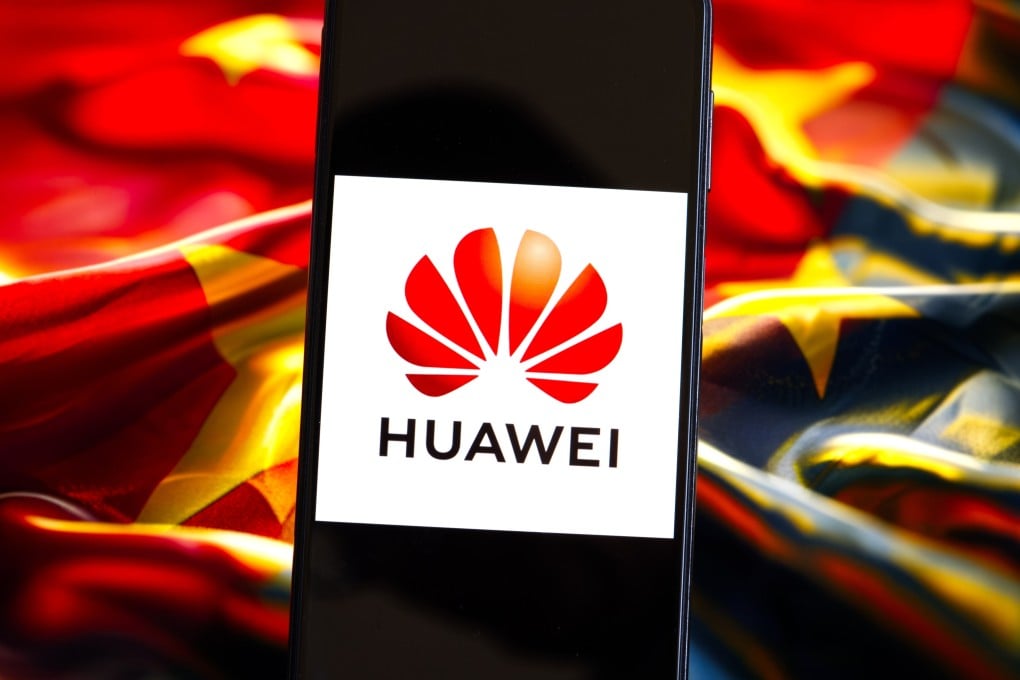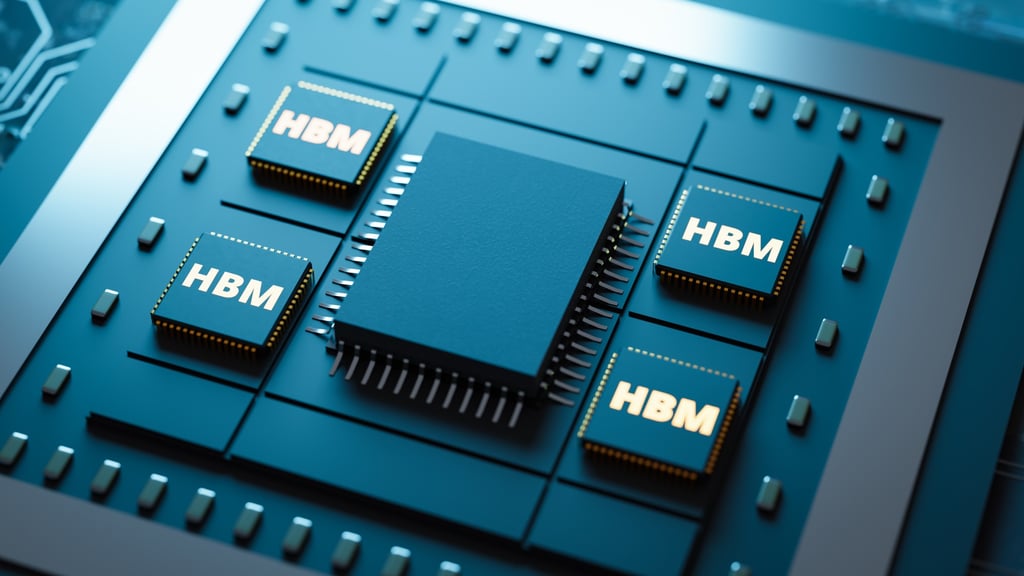Advertisement
Huawei and Wuhan Xinxin to develop high-bandwidth memory chips amid US restrictions
- US-blacklisted Huawei’s move into high-bandwidth memory chips would mark its latest effort to defy Washington’s tech sanctions
Reading Time:3 minutes
Why you can trust SCMP
9

Che Panin Beijing
Huawei Technologies has teamed up with Chinese foundry Wuhan Xinxin Semiconductor Manufacturing Co to develop high-bandwidth memory (HBM) chips, according to sources, as these devices have become an indispensable component in the computing infrastructure used for artificial intelligence (AI) projects.
This initiative also involves mainland integrated circuit (IC) packaging firms Jiangsu Changjiang Electronics Tech and Tongfu Microelectronics, which are tasked to provide the so-called Chip on Wafer on Substrate – an advanced packaging technology for stacking different types of semiconductors, such as graphics processing units (GPUs) and HBM chips, on a single package, the sources said.
Huawei on Tuesday denied the partnership, calling it a “rumour”. Wuhan Xinxin said in a statement sent via its agent JZHT (HK) Capital Services that the chip firm has not partnered with Huawei to develop HBM chips. “We have not engaged in any such collaboration, and there is no timeline for any such partnership,” it said.
A move by US-blacklisted Huawei into the HBM chip space would mark its latest effort to defy Washington’s tech sanctions. The Shenzhen-based company made a surprise comeback in the 5G smartphone market last August, when it released a handset powered by a 7-nanometre processor – a breakthrough that was lauded on the mainland, but sparked intense scrutiny from Washington in light of existing tech access restrictions.

While China remains in the early stage of HBM chip development, its progress is expected to be closely watched by analysts and industry insiders amid Washington’s tech restrictions in semiconductors and AI.
In May, a Reuters report said ChangXin Memory Technologies, China’s top dynamic random access memory maker, had developed sample HBM chips in partnership with Tongfu Microelectronics. Online tech publication The Information in April reported that a group of Chinese firms, led by Huawei, are looking to ramp up domestic production of HBM chips by 2026.
Advertisement